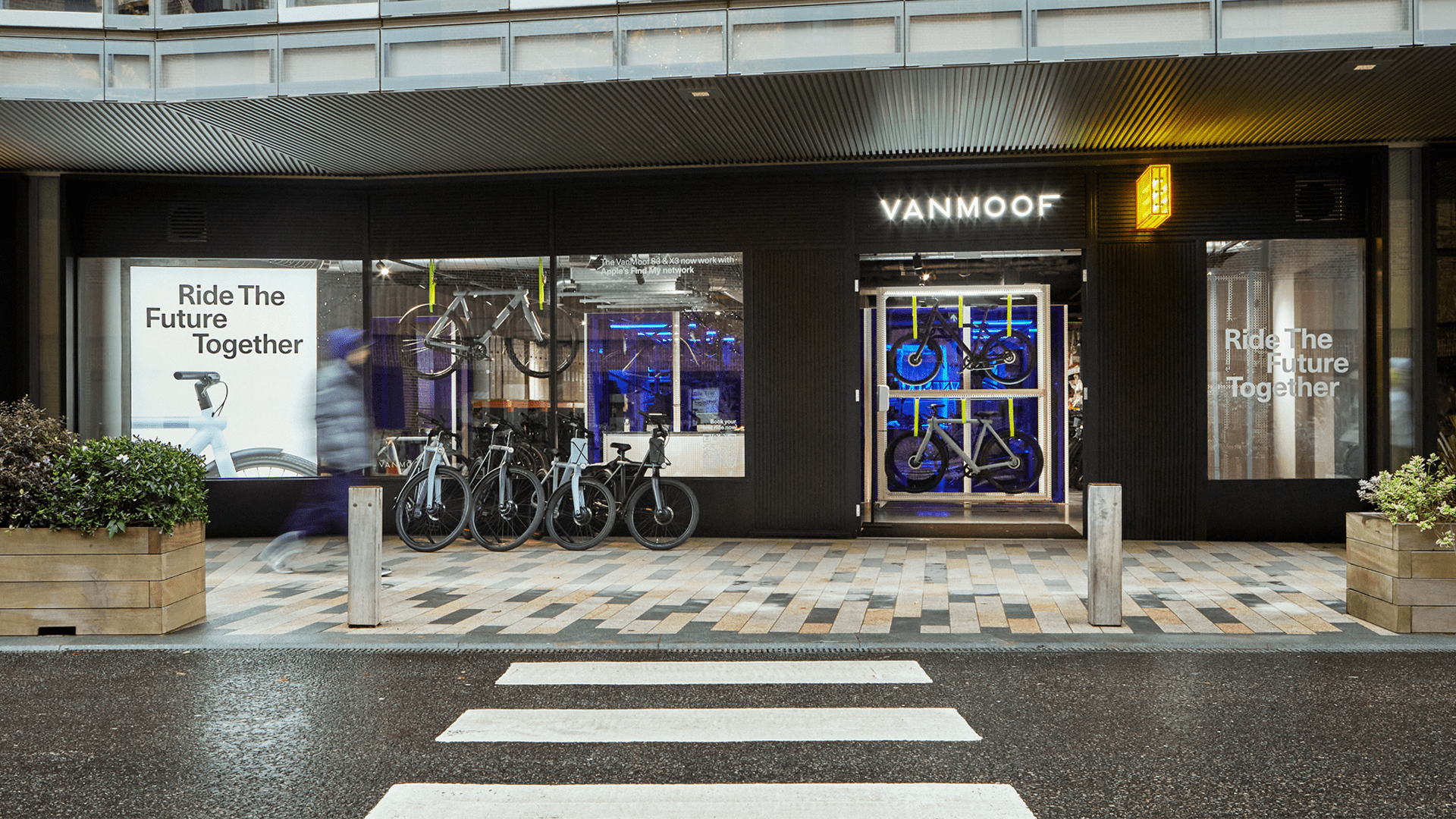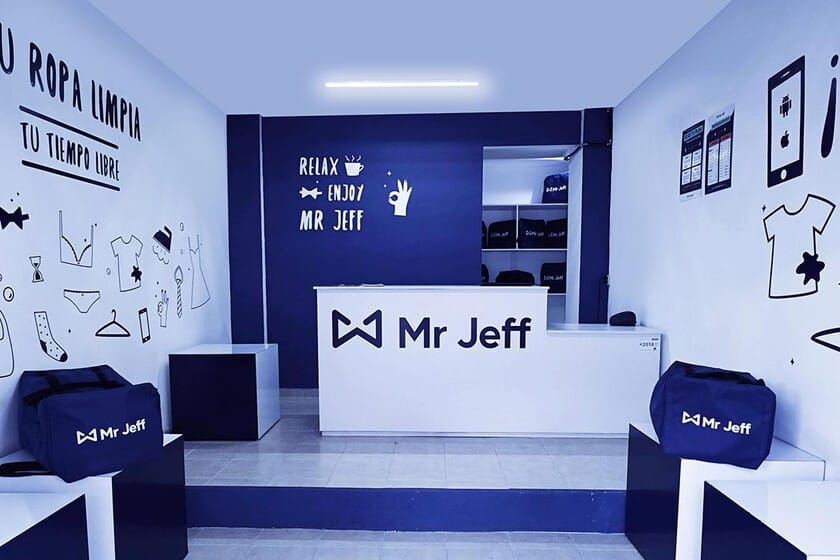2023 started with a longer winter than we could have expected; the Venture Capital winter, which started in 2022, was dragged into this year as well. A concerning period for many in the startup ecosystem. This financial drought posed immense challenges for startups across various sectors, compelling many promising ventures to face the harsh reality of limited resources and tightened budgets.
On the other hand, there was a start that shined brighter than the rest. The tech world was buzzing with discussions and advancements in Artificial Intelligence (AI), positioning it as one of the main topics of the year. Its rapid evolution and integration into diverse industries became a beacon of innovation, drawing significant attention and speculation about its potential, pitfalls, and future regulations. This contrast painted a complex picture of a tech landscape brimming with potential yet constrained by economic realities.
One thing we learned this year is that all that glitter is not gold. In this article, we highlight startups that, despite their potential and initial success, were unable to withstand the harsh economic climate of 2023. Their stories are not just tales of financial woes and market challenges, but also a reflection of the resilience and innovative spirit inherent in the startup culture. These narratives provide crucial insights into the realities of running a startup in a financially constrained environment and serve as a learning ground for future entrepreneurs and investors in navigating the volatile world of startup businesses.
Babylon – United Kingdom

Founded in 2013, Babylon emerged in the UK as a pioneering force in digital healthcare. The company set out with the ambitious goal of revolutionizing the telehealth sector, carrying the self-described mission: “To make high-quality healthcare accessible and affordable for everyone on Earth.” Celebrated for its innovative blend of AI-powered diagnoses and video appointments, Babylon saw its valuation soar. It reached a peak in June 2021, when the company went public at an astounding €4 billion. Babylon adopted a preventive approach rather than a reactive one, focusing on enhancing member health and experience while reducing healthcare costs.
Despite its revolutionary model and significant funding, Babylon’s journey met an abrupt end. Initially unstoppable with its expansion into the U.S. market and ambitious plans, the company’s proactive stance amid the global demand for remote health services in 2020 seemed promising. However, emerging concerns about patient safety, corporate governance, and escalating financial losses, culminating in a net loss of €209.95 million on €950 million in revenue by 2022, signalled trouble. By 2023, faced with massive debt and dwindling cash reserves, Babylon Health dramatically filed for bankruptcy. The company, once a beacon of digital health innovation, was eventually sold for a surprisingly low €620K, marking a stark descent from a celebrated unicorn to a cautionary tale in the volatile startup landscape.
VanMoof – The Netherlands

Founded in 2008, this Amsterdam-based company raised €172 million, aiming to transform urban commuting with its eco-friendly approach. VanMoof‘s bicycles were not just vehicles but symbols of a sustainable lifestyle, reflecting a commitment to environmental consciousness. However, VanMoof faced financial difficulties and declared bankruptcy on July 18, in the Netherlands. This setback was a result of the tough economic conditions prevailing in 2023 and possibly misjudging the market’s demand for their high-end e-bikes.
In the wake of the bankruptcy, VanMoof entered into a ‘suspension of payment’ proceeding, and administrators were appointed to oversee the situation. They explored various options, including the sale of VanMoof’s assets, to enable the continuation of operations without the burden of the company’s debt.
Eventually, VanMoof was acquired by Lavoie, a luxury electric scooter manufacturer. This acquisition, while not disclosed in financial terms, was seen as a strategic move by Lavoie to invest in and potentially revitalize VanMoof’s e-bike technology and operations.
Lightyear – The Netherlands

Lightyear, with a formidable team of engineers and experts, embarked on creating the Lightyear One, the world’s first production-ready solar car. The Netherlands-based company raised €168.4 million for this ambitious project, aiming to set a new standard in the automotive industry with its solar-powered electric vehicle.
Despite its groundbreaking concept and substantial funding, Lightyear filed for bankruptcy at the end of January 2023. The company’s downfall can be attributed to the immense costs and technical challenges involved in bringing such an innovative product to market, coupled with the harsh economic environment of the time. But this is not the end of the story … Following the bankruptcy, Lightyear went through a restructuring process and has now resumed work on developing the Lightyear 2, a mass-market model with a projected starting price of around $40,000 in the United States. The restructuring led to the creation of a new entity, Lightyear Technologies, integrating the operating company, the parent company, and the solar panel division. This new entity employs a significantly reduced workforce of about 100 people, compared to the 600 from the initial team.
4. Mr Jeff – Spain

Founded in August 2015 in Valencia, Spain, Mr. Jeff began with a mission to relieve people of the burdensome tasks of washing and ironing clothes. They offered a convenient laundry and dry-cleaning service, accessible via a mobile app or online platform. Customers simply had to specify a time and place for their clothes to be picked up, and within 48 hours, they would receive their garments back, clean and ironed. The company’s presence extended to 40 countries across Latin America, Europe, Africa, the Middle East, and Southeast Asia, boasting over 2,300 stores sold.
Despite the outward appearance of success and expansion, Mr. Jeff’s journey took a downward spiral when it filed for bankruptcy. This drastic step was taken after more than nine months of failing to pay its employees’ salaries, leading to a significantly reduced workforce and rising internal turmoil. The situation worsened when the company was unable to finalize a €90 million funding round with two international funds, a critical development that contradicted its earlier announcements. The Mercantile Court of Valencia intervened by appointing an administrator to oversee the bankruptcy proceedings.
5. Unu – Germany

Founded in the summer of 2014, the Berlin-based e-scooter startup ‘Unu’ sought to revolutionize urban mobility with its stylish, emission-free electric scooters, complete with portable batteries. They raised over €39 million to create a solution that fully connected people to the city. However, their business seemed to have been running smoothly for only a rather short time.
The company had been struggling with problems for years. During the pandemic, Unu reportedly had to halt production for several months. Then there were chip supply issues, and recently, the startup was affected by poor consumer sentiment, which led to the official filing for bankruptcy on November 23 at the district court in Berlin-Charlottenburg. The company stated, “Reasons for the bankruptcy include increased material and transport costs, higher operational costs, and significantly decreased demand due to inflation.”
Fronted – United Kingdom

Established in December 2019 in London, Fronted was a PropTech startup with the mission to provide renters with innovative and affordable credit options for financing their housing deposits. Fronted gained recognition for its unique ‘lifetime deposit’ scheme, which allowed deposits to transfer seamlessly from one rental property to another, making the renting process more convenient and financially manageable for tenants.
Despite raising over €23 million, Fronted struggled with external economic factors, they were heavily impacted by rising interest rates and increasing capital costs, making their services unsustainable. The cost of their ‘lifetime deposit’ service, initially around £40, escalated to over £100, alienating their customer base due to price sensitivity. Additionally, Fronted faced challenges during the COVID pandemic, which included a temporary shutdown and employee furloughs. Ultimately, these factors led to the decision to shut down, as announced on their website and by CEO Campbell, citing the unsustainable cost of capital as the primary reason behind their closure.
Yababa – Germany

Established in 2021 in Berlin, Yababa quickly set out to revolutionize the home grocery delivery market, particularly focusing on same-day delivery of Turkish and Arabic foods. This instant success enabled it to raise a significant $15.5 million in a seed round, showcasing the market’s interest in a service that targeted a previously unoccupied niche. Yababa had plans to expand to Cologne and other German cities, intending to serve not only Turkish and Arab communities but also a wider range of multicultural demographics.
However, Yababa’s promising journey faced a sharp downturn. Despite early optimism and a strategic public relations push in January 2023, the startup struggled financially. A critical financing round expected in early 2023 failed to materialize, pushing Yababa into a precarious position. Founder and CEO, Ralph Hage, was forced to file for insolvency as the company could not secure further funding. This unfortunate development was a clear indication of the changing investor sentiment towards food delivery startups. The bankruptcy filing, as reported by Deutsche Startups, highlighted the challenges faced by Yababa, marking a significant setback from its initial ambitious goals and signalling the end of its operations.
Oja – United Kingdom

Launched in 2020, Oja was an innovative online grocery service specializing in African and Caribbean products. With a total of €2.9 million in funding, it rapidly expanded its reach across and had a period of growth marked by an increase in order volumes and the introduction of a range of own-label ready meals, positioning Oja as a promising player in the online grocery sector
Despite its early promise and significant investments, Oja’s journey took a drastic turn for the worse. The company encountered severe financial challenges, marked by an unexpected dip in revenues and operational difficulties. The company’s struggles were compounded by legal issues, including multiple claims for unpaid money. This financial turbulence was mirrored internally, with employees and suppliers reporting delayed or unpaid wages, leading to a loss of confidence in the management and eventual legal action against the company. The situation was further scrutinized due to the contrast between the company’s financial struggles and the lavish lifestyle of its founder on social media.




